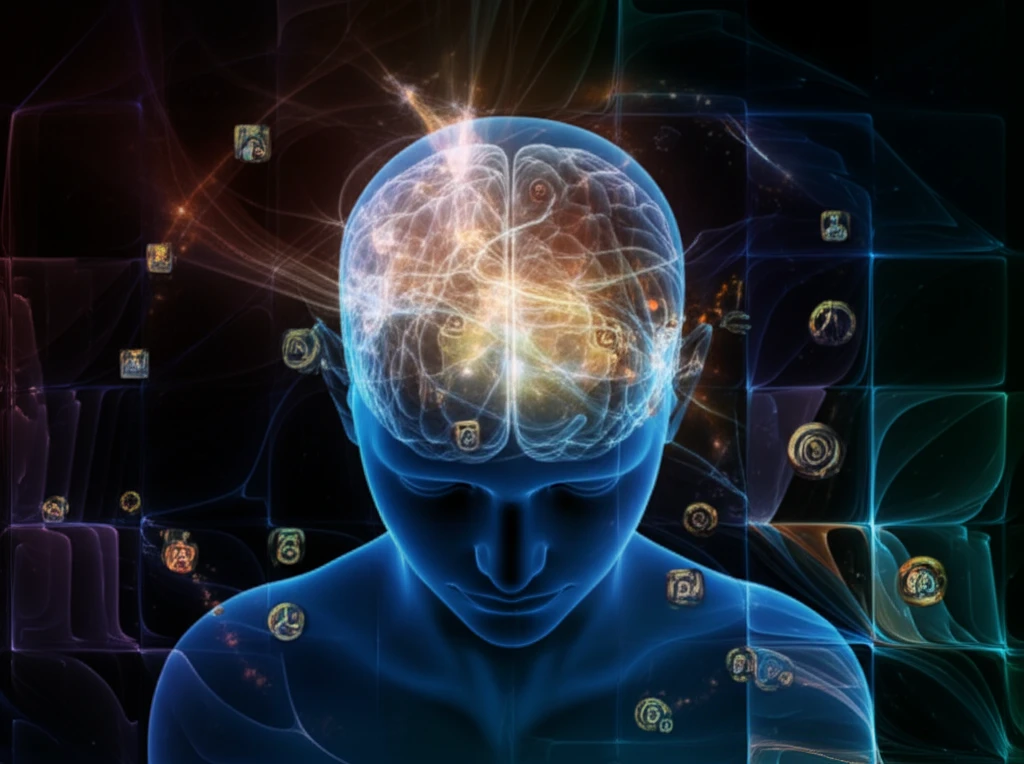
Decoding the Brain: How Neuroscience is Revolutionizing Mental Health Treatment
"Explore the latest advancements in neuroscience and their groundbreaking impact on treating mental health disorders, offering hope and new possibilities for patients and their families."
Mental health is a critical component of overall well-being, affecting millions of individuals worldwide. Traditional approaches to treating mental health disorders often involve therapy and medication, which can be effective but may not always provide complete relief. However, the field of neuroscience is rapidly advancing, offering new insights into the complexities of the brain and opening doors to innovative treatment strategies.
Neuroscience, the study of the nervous system, is providing a deeper understanding of the biological underpinnings of mental health disorders. Researchers are uncovering the intricate connections between brain structure, function, and behavior, leading to the development of targeted therapies that address the root causes of these conditions. This article will explore some of the most promising advancements in neuroscience and their potential to revolutionize mental health treatment.
From understanding the role of specific brain circuits to developing novel pharmacological interventions, neuroscience is paving the way for more effective and personalized approaches to mental health care. As we delve into these exciting developments, it's important to remember that mental health is a journey, and these advancements offer hope and new possibilities for individuals and families affected by mental health disorders.
What are the Key Discoveries in Neuroscience that Impact Mental Health?

Neuroscience research has identified several key areas that play a critical role in mental health. These include the prefrontal cortex (responsible for decision-making and emotional regulation), the amygdala (involved in processing emotions like fear and anxiety), and the hippocampus (essential for memory and learning). Understanding how these brain regions function and interact is crucial for developing targeted treatments.
- Genetic Factors: Identifying specific genes associated with mental health disorders can help in developing personalized treatments.
- Neurotransmitter Imbalances: Understanding the role of neurotransmitters like serotonin, dopamine, and norepinephrine in mood regulation can lead to more effective medications.
- Inflammation: Research suggests that chronic inflammation in the brain may contribute to mental health disorders, opening new avenues for anti-inflammatory treatments.
Looking Ahead: The Future of Mental Health Treatment
The advancements in neuroscience offer a promising future for mental health treatment. As research continues to unravel the complexities of the brain, we can expect to see even more innovative and effective therapies emerge. From personalized medications to targeted brain stimulation techniques, the possibilities are vast. By embracing these advancements, we can move closer to a world where mental health disorders are effectively managed, and individuals can lead fulfilling lives.
